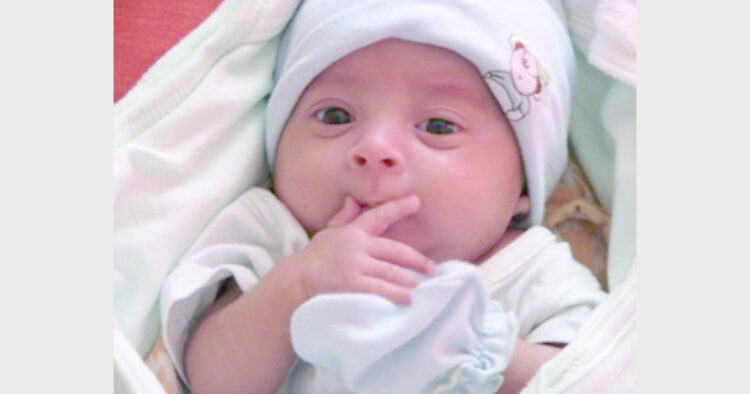SCIENCE GOSSIP
A University of Adelaide study has identified the risk of major birth defects associated with different types of assisted reproductive technology.
In the most comprehensive study of its kind in the world, researchers from the University's Robinson Institute have compared the risk of major birth defects for each of the reproductive therapies commonly available internationally, such as: IVF (in vitro fertilisation), ICSI (intracytoplasmic sperm injection) and ovulation induction. They also compared the risk of birth defects after fresh and frozen embryo transfer.
The results are being published today in the prestigious New England Journal of Medicine, and presented in Barcelona, Spain at the World Congress on Building Consensus in Gynecology, Infertility and Perinatology.
“While assisted reproductive technologies are associated with an increased risk of major birth defects overall, we found significant differences in risk between available treatments,” says the lead author of the study, Associate Professor Michael Davies from the University of Adelaide's Robinson Institute and School of Paediatrics and Reproductive Health.
Researchers linked a census of more than 6100 assisted reproductive technology births in South Australia to a registry of more than 300,000 births and 18,000 birth defects. They compared risks of birth defects across all infertility treatments to pregnancies in women with no record of infertility. They also compared successive pregnancies for women.
Previous studies have identified an increased risk of birth defects associated with infertility treatment, but this is the first study to compare all forms of available treatment. This is also the first study to compare pregnancies within women by the treatments received.
“The unadjusted risk of any birth defect in pregnancies involving assisted conception was 8.3 per cent (513 defects), compared with 5.8 per cent for pregnancies not involving assisted conception (17,546 defects),” Associate Professor Davies says.
“The risk of birth defects for IVF was 7.2 per cent(165 birth defects); and the rate for ICSI was higher at 9.9 per cent (139 defects).
“A history of infertility, either with or without assisted conception, was also significantly associated with birth defects. While factors associated with the causes of infertility explained the excess risk associated with IVF, the increased risk for a number of other treatments could not readily be explained by patient factors. ICSI, for instance, had a 57 per cent increase in the odds of major defect, although the absolute size of the risk remained relatively small,” he says.
Associate Professor Davies says cryopreservation (freezing) of embryos was associated with a substantially reduced risk of birth defects, particularly for ICSI. “This may be due to developmentally compromised embryos failing to survive the freeze/thaw process,” he says.
Also of concern was the tripling of risk in women using clomiphene citrate to stimulate ovulation outside of a closely supervised clinical setting.
“While confined to a small group in our study, this is of particular concern as clomiphene citrate is now very widely available at low cost, and may easily be used contrary to manufacturers’ very specific instructions to avoid use if pregnant, as it may cause fetal malformations. This aspect of the study will need additional confirmation from future research,” Associate Professor Davies says.
He says the study now needs to be expanded to include more recent years of treatment, as the reproductive technologies have undergone continual innovation which may influence the associated risks of treatment.
(Source: University of Adalaide)
The writer can be contacted at email: [email protected])














Comments